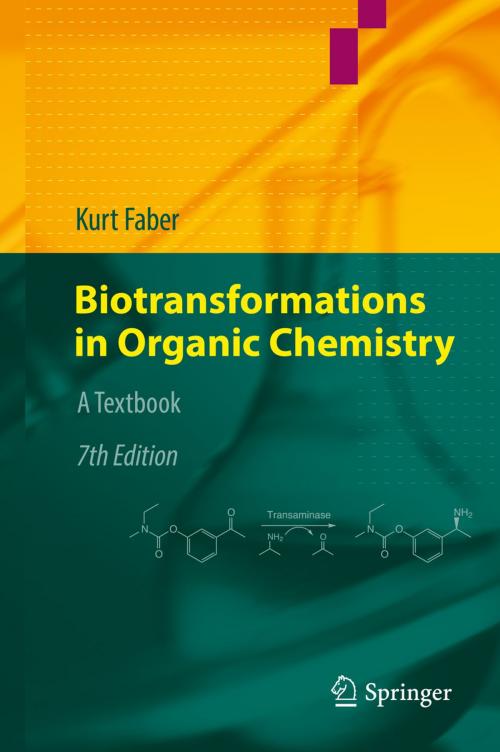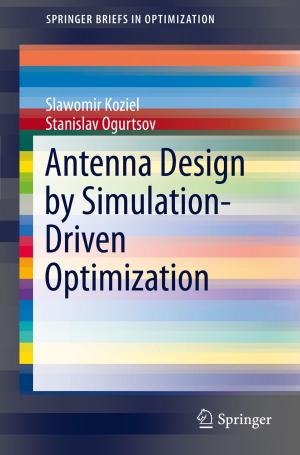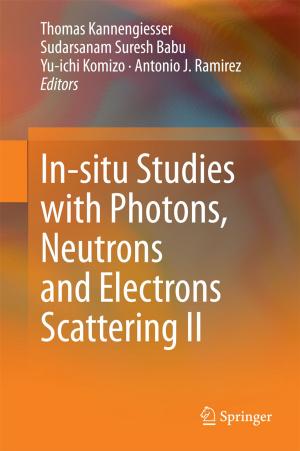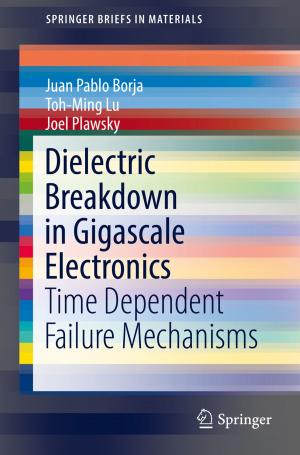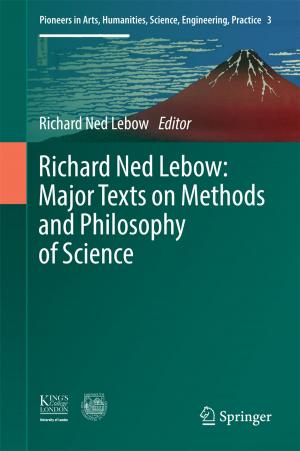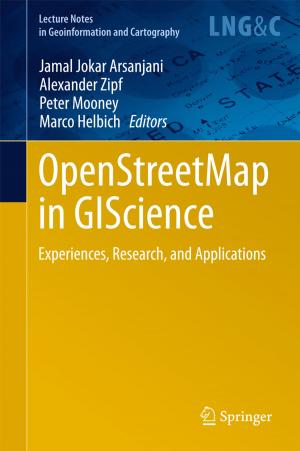Biotransformations in Organic Chemistry
A Textbook
Nonfiction, Science & Nature, Science, Chemistry, Organic, Biological Sciences, Biotechnology| Author: | Kurt Faber | ISBN: | 9783319615905 |
| Publisher: | Springer International Publishing | Publication: | November 26, 2017 |
| Imprint: | Springer | Language: | English |
| Author: | Kurt Faber |
| ISBN: | 9783319615905 |
| Publisher: | Springer International Publishing |
| Publication: | November 26, 2017 |
| Imprint: | Springer |
| Language: | English |
This well-established textbook on biocatalysis provides a basis for undergraduate and graduate courses in modern organic chemistry, as well as a condensed introduction into this field. After a basic introduction into the use of biocatalysts—principles of stereoselective transformations, enzyme properties and kinetics—the different types of reactions are explained according to the 'reaction principle', such as hydrolysis, reduction, oxidation, C–C bond formation, etc. Special techniques, such as the use of enzymes in organic solvents, immobilization techniques, artificial enzymes and the design of cascade-reactions are treated in a separate section. A final chapter deals with the basic rules for the safe and practical handling of biocatalysts.
The use of biocatalysts, employed either as isolated enzymes or whole microbial cells, offers a remarkable arsenal of highly selective transformations for state-of-the-art synthetic organic chemistry. Over the last two decades, this methodology has become an indispensable tool for asymmetric synthesis, not only at the academic level, but also on an industrial scale.
In this 7th edition new topics have been introduced which include alcohol and amine oxidases, amine dehydrogenases, imine reductases, haloalkane dehalogenases, ATP-independent phosphorylation, Michael-additions and cascade reactions. This new edition also emphasizes the use of enzymes in industrial biotransformations with practical examples.
This well-established textbook on biocatalysis provides a basis for undergraduate and graduate courses in modern organic chemistry, as well as a condensed introduction into this field. After a basic introduction into the use of biocatalysts—principles of stereoselective transformations, enzyme properties and kinetics—the different types of reactions are explained according to the 'reaction principle', such as hydrolysis, reduction, oxidation, C–C bond formation, etc. Special techniques, such as the use of enzymes in organic solvents, immobilization techniques, artificial enzymes and the design of cascade-reactions are treated in a separate section. A final chapter deals with the basic rules for the safe and practical handling of biocatalysts.
The use of biocatalysts, employed either as isolated enzymes or whole microbial cells, offers a remarkable arsenal of highly selective transformations for state-of-the-art synthetic organic chemistry. Over the last two decades, this methodology has become an indispensable tool for asymmetric synthesis, not only at the academic level, but also on an industrial scale.
In this 7th edition new topics have been introduced which include alcohol and amine oxidases, amine dehydrogenases, imine reductases, haloalkane dehalogenases, ATP-independent phosphorylation, Michael-additions and cascade reactions. This new edition also emphasizes the use of enzymes in industrial biotransformations with practical examples.
